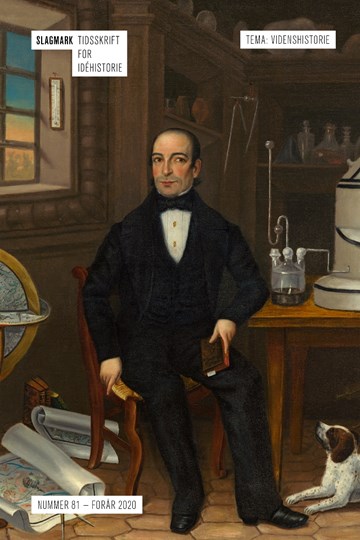Elektroteknikkens danske barndom: En videnshistorisk analyse
DOI:
https://doi.org/10.7146/slagmark.vi81.136340Keywords:
Landscape of knowledge, circulation of knowledge, history of knowledge, electrical engineering, electricityAbstract
The childhood of electrical engineering in Denmark – analysed from a history of knowledge perspective
With an outset in a performative understanding of knowledge as situated everyday practice, electrical engineering in Denmark in the beginning of the 20th century is analysed. What were the needs of knowledge? How did knowledge about electrical engineering circulate? Which ideas about the present and the future were included?
In the article, the concept landscape of knowledge is introduced as an alternative to map of knowledge, because map indicates something organised and well defined, while a landscape is messier and better mirrors the complexity found in the empirical studies. However, both concepts signal that in every society something is perceived as natural, right and sensible, and something else as odd and unthinkable.
The analysis is focused on the question of education in electrical engineering. Around 1900 a number of new educations came into being, and the Polytechnic College (today DTU) began to educate electrical engineers. It should be a practical education designed after the needs of the state. However, what may seem odd today is its focus on direct current (DC), because the planners believed alternating current (AC) had no particular future in Denmark.





